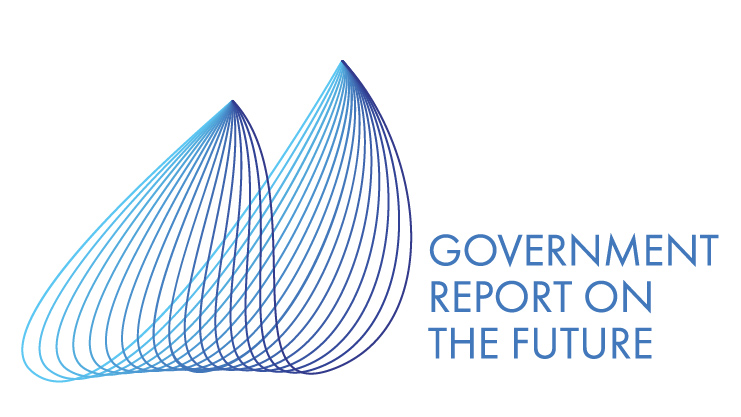Part 2 of the Government Report on the Future: Solutions in the Transformation of Work

The Government Report on the Future serves to open discussion on potential solutions to the challenges posed by the transformation of work
Part 2 of the Government Report on the Future was submitted to Parliament for processing on 11 October 2018. The two-part Report on the Future discusses the ways in which forms of working and employment relationships will become more varied in the future, creating a need for changes in areas including legislation and social security.
The transformation of work creates tensions with respect to the organisation and content of work, the skills required for work, income, and the overall meaning of work. These can be resolved through discussions on what kinds of futures we envision for work and by taking long-term policy actions to achieve them.
Considering these issues and identifying potential solutions to them will primarily be the task of future governments. This report is part of a long-term decision-making process involving ongoing debate on the future and transformation of work. The goal is to implement solutions to this phenomenon affecting all of society over a long time span that extends beyond electoral terms.
The report presents a vision for the future of work in which entrepreneurs, temporary agency workers and platform workers enjoy the same fair, comprehensive social security and protection as wage earners. In this vision, people’s occupational and functional ability are looked after regardless of their type of employment relationship. Artificial intelligence and robotics are creating new opportunities to enhance people’s skills, which will lead to the emergence of a high-quality lifelong learning system available to all population groups in Finland, a system that will be recognised globally as the same kind of success story as the Finnish comprehensive school system. Everyone should have the opportunity to earn an adequate income, develop continuously and make a meaningful contribution to society. In line with the goals of sustainable development, attention should be paid to reducing social disparities between different groups. Work should be valued based on the versatile social value it produces.
The solutions for the future emphasise continuous learning and the ability to adapt to changing income structures. The transformation of work is also a global issue, with migration and labour-based immigration at its core. The transformation creates tensions with respect to the organisation and content of work, the skills required for work, income, and the overall meaning of work. These can be resolved through discussions on what kinds of futures we envision for work and by taking long-term policy actions in order to achieve them. Responsibility for initiating this dialogue rests with decision-makers.
The Report on the Future serves as an opener for discussions for the coming years
The report was prepared at the Prime Minister’s Office, and the questions and solutions presented in it are based on studies (in Finnish: Long-term Policymaking as a Tool Through Transformation – Aspirations for the Future of Work and Toward a shared understanding of the future of work), expert perspectives and open discussions. The Government aims to shift its foresight activities towards a model in which foresight and future-oriented thinking are part of civil servants’ and decision-makers’ daily work. The first part of the Report on the Future examined the transformation of work and the challenges it poses for society. The second part of the Report on the Future deepens the discussion on the future and transformation of work by proposing solutions.
Part 2 of the Government Report on the Future (in Finnish).
Website with information on the Government Report on the Future
Inquiries: Paula Lehtomäki, State Secretary, Prime Minister’s Office, tel. +358 295 160 280, [email protected] and Kaisa Oksanen, Specialist, Prime Minister’s Office, tel. +358 295 160 430, [email protected]